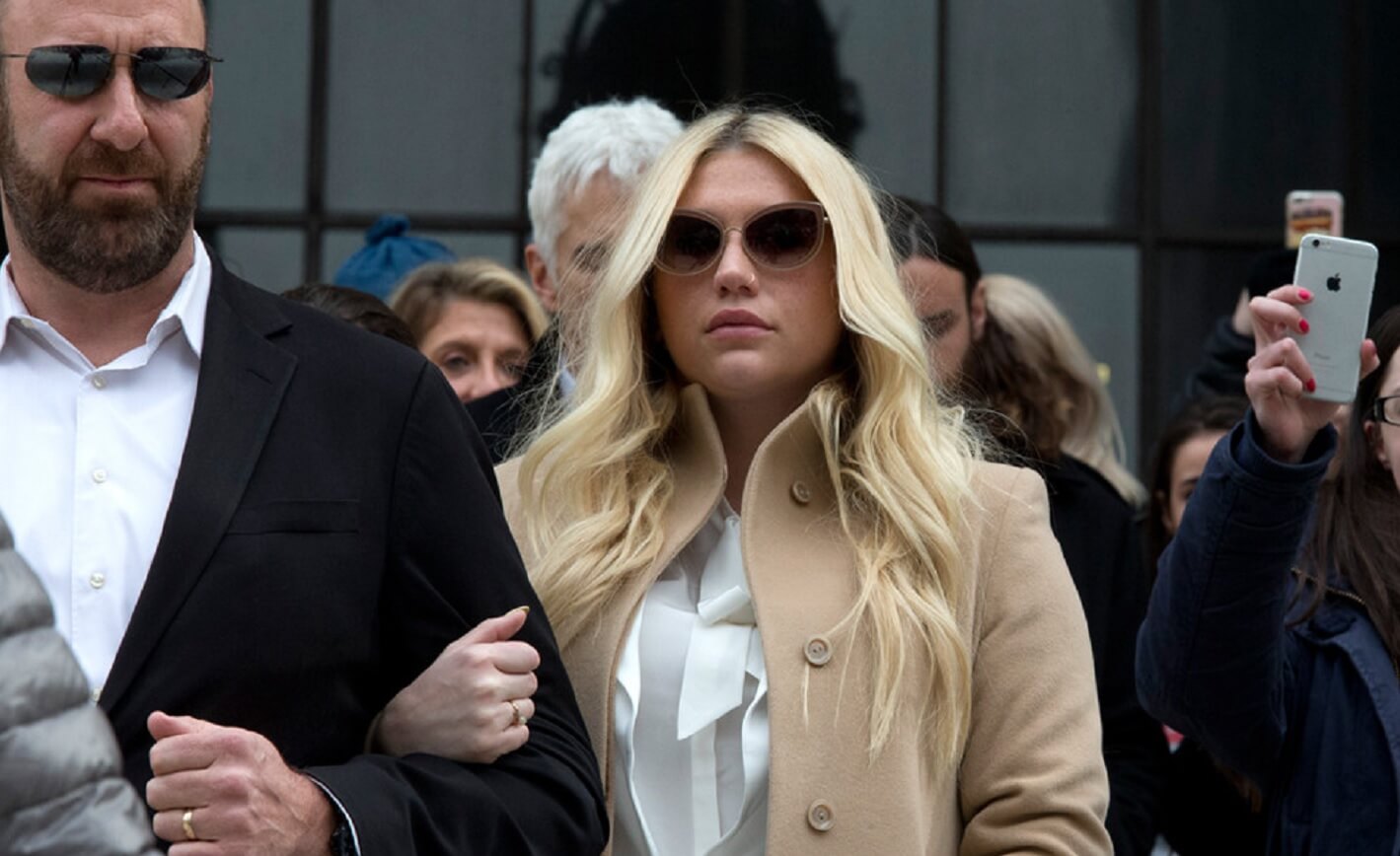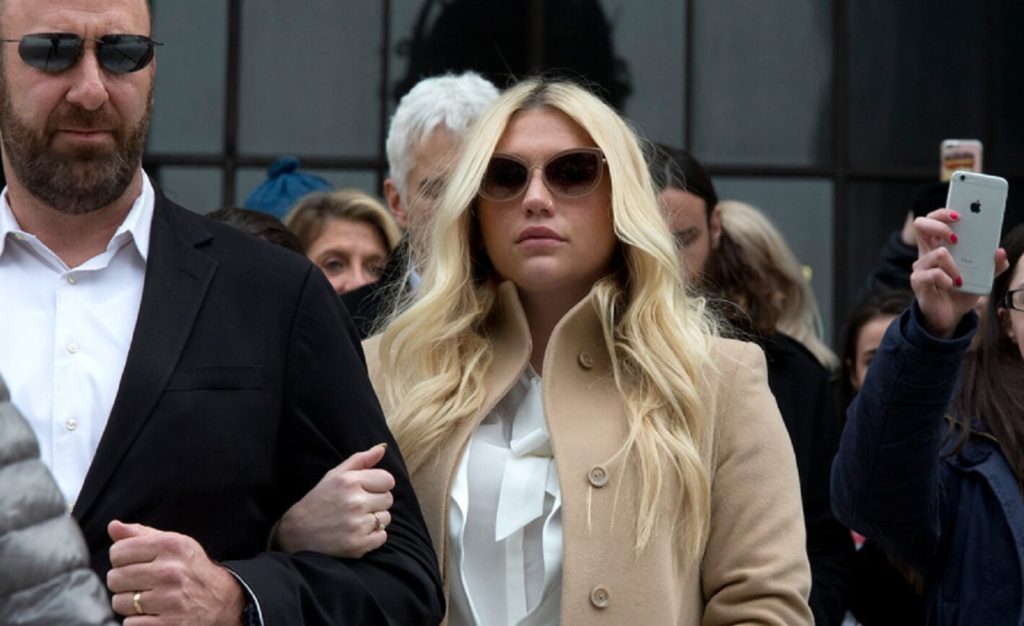This post by Lisa Bloom originally appeared on the AvvoStories blog.
Pop star Kesha is winning a public relations battle against her record label, Sony, as well as her producer, Dr. Luke, who she accuses of rape. Adele, Taylor Swift, Kelly Clarkson and Janelle Monae have all publicly expressed support, and #FreeKesha has been trending on social media, reflecting massive backing from fans and other observers.
It’s an old tale—young, female singer controlled and abused by an older Svengali industry insider. It resonates because so many women in so many industries have been sexually harassed or assaulted. If a (presumably) rich and famous star like Kesha can’t get justice, who can?
Courtroom setback
But she appears to be losing the legal war. Kesha claims Dr. Luke, with whom she signed as an unknown talent in 2005, demeaned, drugged and raped her for years. In 2014 the singer sued, looking to get out of the contract that still requires her to produce three more records. She doesn’t want to work with her alleged abuser, and she believed that Sony would fail to promote her work if she worked with other Sony producers, torpedoing her career.
Last week, a New York judge denied her request for a preliminary injunction—an early pretrial order – allowing her out of the contract while the case inches toward trial. Judge Shirley Kornreich said that Kesha was “asking the court to decimate a contract that was heavily negotiated and typical for the industry.” Upholding the contract, she ruled, was “the commercially reasonable thing.” After all, Dr. Luke and Sony had invested $60 million in Kesha’s career, and Sony was willing to let her record without Dr. Luke’s direct involvement, which the judge found “decimates your argument.” Kesha lost the motion.
It’s important to understand that preliminary injunction motions are tough to win in general. The legal bar is high, because we’d prefer judges to resolve issues at trial, where evidence and witnesses can be reviewed, not at the beginning of a case, before the parties have gone through discovery (when information is exchanged). She was required to prove “irreparable injury,” and speculation that Sony might not promote her was insufficient.
While the judge has been portrayed as callous to Kesha’s claims of sexual assault, her own lawyer conceded that the motion was not about whether Dr. Luke was a rapist or not. Instead, it was about the commercial issue as to whether she could record elsewhere while the case was pending. Kesha’s legal team just did not present sufficient evidence to meet the legal threshold to grant the motion, the judge found.
If Kesha’s attorneys are able to bring forth evidence and witnesses, they could still win the case at trial. But this early ruling is a strong indication that the judge is leaning toward Sony and Dr. Luke in the case, and at least for now, she expects Kesha to continue to record with Sony. (Dr. Luke presumably would still profit from her work, as other producers would report to him at his Sony-owned labels.)
Unsealed video undercuts claims
And now there’s another problem for Kesha and her legal team: a 2011 deposition video from another case was released this week, showing Kesha denying an “intimate relationship” with Dr. Luke. Rape is not an intimate relationship, so that’s not much of a concern. But she also denies that he made “sexual advances.” That’s a closer question.
Also in the 2011 video, she denies that he “roofied” her, which is one of the accusations in the more current claim. Kesha’s mother also denied at a deposition that Kesha told her of any inappropriate behavior from Dr. Luke—no sex, no drugs.
The video is heavily edited. Nevertheless, if Kesha denied drugging or sex with Dr. Luke in her deposition, unedited and in context, that would be another legal blow to her current case. Rape victims typically do not report the crime to authorities, as Kesha did not, and they don’t disclose the rape until they are ready. But in court, a prior sworn statement denying the same claims being asserted now—after only a few years—is devastating.
We only have a glimpse into the case via this early motion, and a lot can happen between now and the trial—including a settlement, which is how most cases end.
It’s important to line up evidence, including medical and therapy records, witnesses, texts, emails etc, before filing a sexual assault case. I encourage some of my clients to go to law enforcement, which can authorize them to record conversations in which the perpetrator may make admissions. All the evidence must be carefully analyzed and considered together before filing, especially against a giant company like Sony. Perhaps that was done in this case, but the judge apparently did not see any evidence to support Kesha’s claims yet, which is a concern.
The outpouring of love for Kesha is heartening, regardless of the outcome of her case. Sony would be smart to get past this public relations nightmare by resolving the case quickly, on terms everyone can live with.
Cited from: Kesha: Winning the PR battle, losing the legal war – AvvoStories http://stories.avvo.com/news/celebrity/kesha-is-winning-the-pr-battle-but-losing-the-legal-war.html#ixzz41IQM1R21


